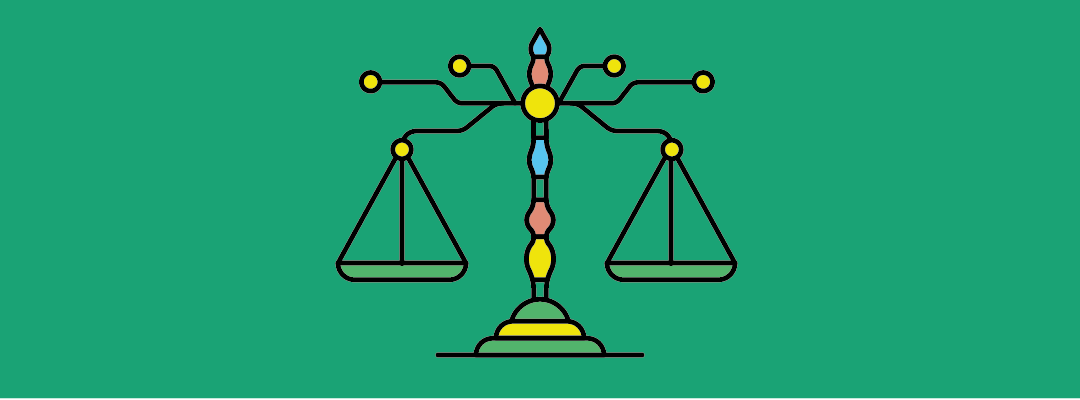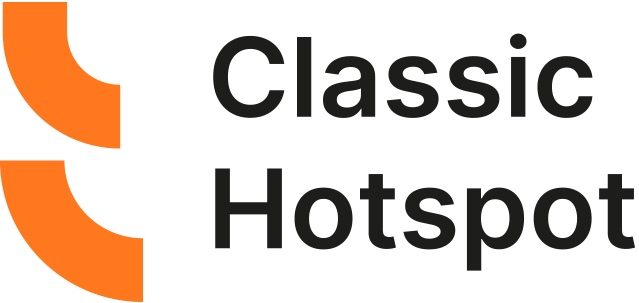Top 3 liabilities for Wi-Fi hotspot providers offering free Wi-Fi

Let’s find out in this article the most common liabilities public hotspot providers face on their open Wi-Fi networks and how to prevent them effectively.
Nowadays, an increasing number of businesses located in public areas, such as restaurants, hotels, coffee shops and shopping centers, provide free Wi-Fi as a way to attract more customers and increase their revenues. In doing so, it is important to be aware of the legal risks network admins run when operating open networks, and how to limit or prevent them.
1. Copyright infringement
Till not long ago, copyright violations have been the most frequent issues Wi-Fi hotspot providers could face. Indeed, it is very common for users to download movies, videos, music and other copyrighted material on their personal devices, violating in this way the online copyright laws. Until recently, as it is in general very hard to detect the person responsible for an infringement, it was much more likely that copyright holders tracked and took actions directly against the Wi-Fi hotspot provider offering internet connection to customers. Nevertheless, things changed at least at European level, following the 2010 German case that saw Tobias Mc Fadden, who provided public Wi-Fi in his shop, being sued by Sony for a copyright infringement committed on his free Wi-Fi network. In the end, the Federal Court of Justice agreed that Wi-Fi hotspot providers are not liable for copyright infringements run on their open networks by third parties. A valuable strategy to prevent copyright infringements is to deploy a web content filter, a software tool that screens content and restricts the range of websites and domains users can access while browsing the internet. The cloud-based content filter provided by Tanaza, for instance, allows Wi-Fi hotspot providers to easily block inappropriate content by selecting a list of blocked websites or customizing their own one. In this way, the risk of copyright violations can be successfully reduced.
2. Cybercrimes
Many are the illegal activities that nowadays expose Wi-Fi hotspot providers to more severe legal risks than copyright infringement. For instance, hackers could leak information about systems while connected to your network, at the same time, malicious users could use your network to access prohibited materials, such as child pornography, to purchase illegal drugs online or to sell items of contraband. Even in this case, you can effectively protect your open Wi-Fi network by setting up the Tanaza’s content filtering tool. In fact, the Tanaza built-in web content filter not only monitors and controls user traffic in local public areas with Wi-Fi, but it also blocks countries at risk of viruses and hacker threats to ensure a better protection. Furthermore, it avoids access to prohibited sites and blocks illegal as well as unwanted websites. In this way, for instance, users won’t be able to access pornography nor violent content from Google search results.
3. Personal data disclosure
Wi-Fi hotspot providers collect personal data for statistics or to run personalized marketing campaigns every time users connect to their networks. In general, indeed, it is necessary to provide some information in order to access a public network, i.e. email address, telephone number, birthday, etc. In doing so, public hotspot providers are required to use user personal information in compliance with the law, respecting the principles of the Data Protection Act 1998 regarding privacy and data disclosure. For this purpose, in order to operate their open networks respecting the law, Wi-Fi hotspot providers in EU should include terms and conditions on their login page, which explain what data will be collected and how it will be used. For instance, Tanaza features flexible terms and conditions on its built-in captive portal, by allowing network admins to make the acceptance of some parts compulsory – i.e. terms and conditions related to Wi-Fi usage – and other optional – i.e. terms and conditions to agree on receiving promotional materials or newsletters. If you want to know how to configure the flexible terms and conditions provided by Tanaza appropriately, read these instructions.
Related articles:
https://www.classichotspot.com/blog/whatsapp-data-sharing-raises-concerns-in-germany/

